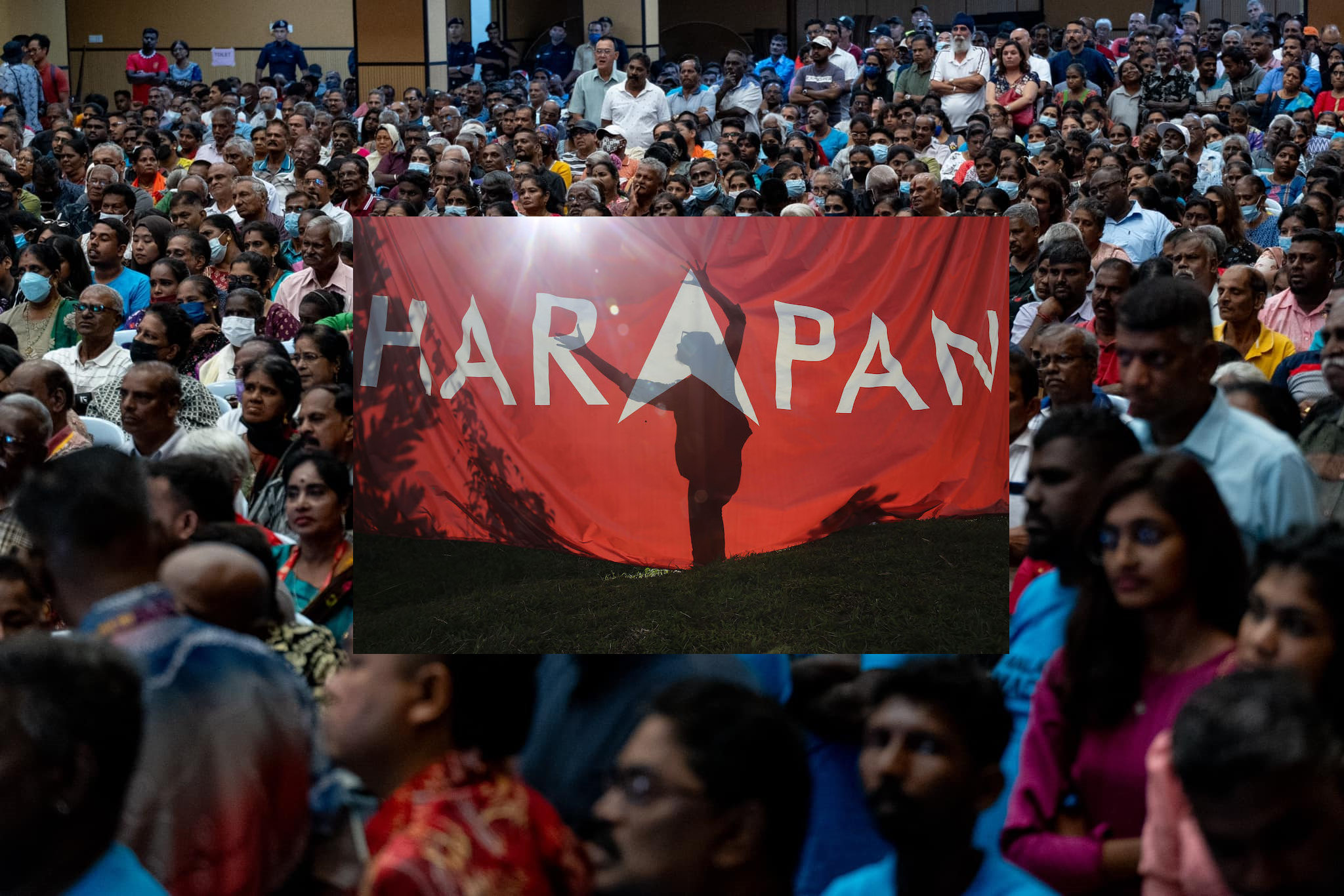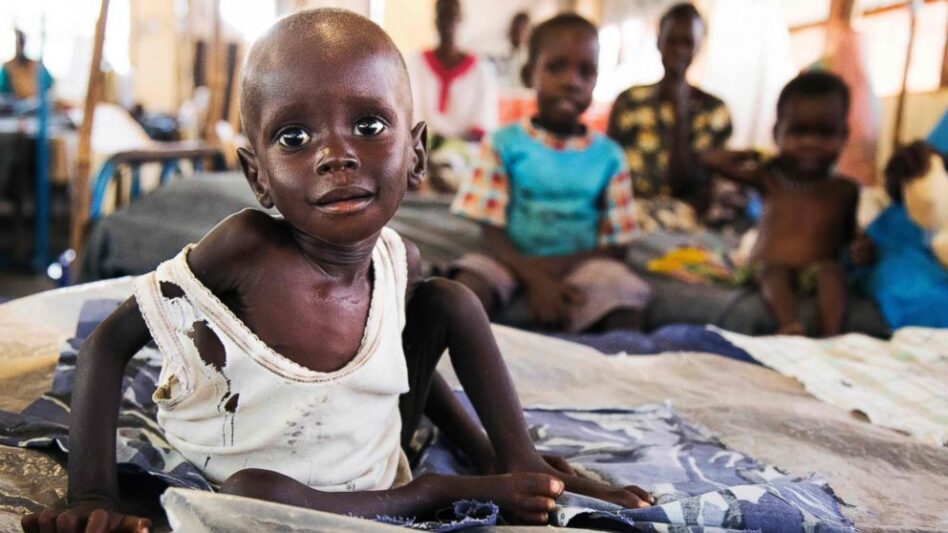THERE are rumours that there are few attempts to form Indian-based political parties in the country. The Perikatan Nasional (PN) leadership might be encouraging the formation as a small of segment of Indians voted for the coalition in the recent six state polls and the very recent Johor by-elections.
I also understand that Prime Minister Datuk Seri Anwar Ibrahim might be encouraging the formation of an Indian party. And finally, there are rumours circulating that after having burned my bridges with DAP, I might be forming one.
Forming political parties might be a straightforward process. However, for political parties to represent a particular population segment is one thing but it is another to get the support of this segment.
I think there are number of political parties that were formed in the past but many of them are either inactive or defunct. There is no such thing that the minute political parties are formed, getting the support is automatic.
The fate of parties formed in the past is indicative of difficulties in getting the support of the masses. After all, Indians are numerically small community with a varying presence in 60 of the electoral constituencies.
This varying presence refers to Indian voters’ presence above 10%, 15%, 20% and above 30%.
The state constituencies of Perai in Penang and Buntong in Perak have Indian voter presence of 35% and 50% respectively. This is why Indian voters are often described as kingmakers during elections.
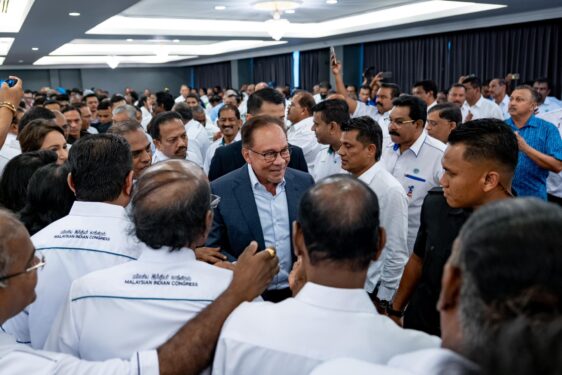
In other words, they have the power to determine the winners and losers in tightly fought election contests.
PN in favour of Indian party
Of course, they are forgotten as soon as elections are over and having to await for another five years to get recognition as kingmakers again.
Given the numerical non-strength of Indians, it would be near impossible for Indian parties to win in the elections on the basis of mono-ethnic support. This is the reason why even if Indian political parties are formed, Indian leaders have no choice but to enter into political coalitions for them to make an impact.
But to be accepted by the larger political coalitions is another thing. I don’t think the main political coalitions in the country are simply going to accept an Indian political party without scrutiny of its support base.
It is through the strength of coalitions that Indian parties can make an electoral difference. It is only through participation in coalition politics that Indian candidates can be expected to win and make difference to their community.
While there might be Indian supporters who might identify with PN, there is no direct membership in the coalition or through its component parties such as Bersatu and PAS.
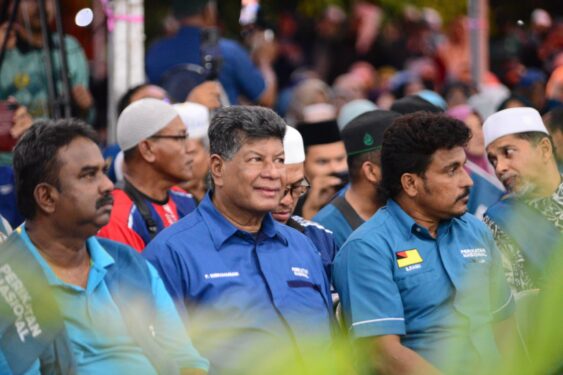
Even these parties do not allow for direct membership of the non-Malays or non-Muslims. This is perhaps the reason why PAS or Bersatu might be advising its Indian leaders to form a new political party.
I was told that it would be easier for the PN coalition leaders to deal directly with an Indian political party rather than making them as associate members. Indian participation in Pakatan Harapan (PH) is through direct membership in multi-racial political parties such as the DAP and PKR.
While multi-racialism appears to be a progressive way of organising ethnic communities, these political parties are constrained by the larger political dynamics of race and religion.
It is these dominant discourses that constrain or impede the political participation and recognition of Indians.
Representation based to strength
If Anwar wants to form a new Indian political party, this move itself is an indication that multi-racialism has its limits within the fold of PH.
If Anwar wants to curb the drift of Indians to PN, then the formation of a new Indian party might not be solution. It might just postpone the addressing the grievances of Indians.
If the federal or unity government feels constrained in addressing the socio-economic woes of Indians, how can a new political party for Indians make an impact?
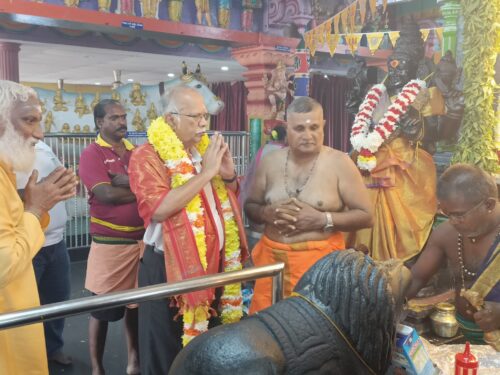
Maybe given the neglect of Indians in the past and present, perhaps there is merit in the thinking that Indians need a new political representation in the form of a political party. Past representation of Indians by way of political coalitions is not something heartening.
Serious minded individuals and groups have the right to think about the welfare and well-being of the community. The old habit of forming political parties and then trying to get the support of the community or the political coalitions might not simply work.
There is an imperative on the part of concerned individuals and groups to ascertain the feelings and thoughts of the Indian community across the nation.
More fundamental to the question of party formation is whether Indians are happy under the present government, why the dissatisfaction, the grounds of dissatisfaction and whether they need a new political formation to advance their cause.
The relentless struggle for Indian pride and dignity by way of serious minded reforms is a way to go about in the pursuit of representational politics.
My take: Indian representation must be based on the strength of the support of the community to ensure that their rights are safeguarded and advanced. – Sept 27, 2023
Prof Ramasamy Palanisamy is the former DAP state assemblyman for Perai. He is also the former deputy chief minister II of Penang.
The views expressed are solely of the author and do not necessarily reflect those of Focus Malaysia.


